Chinese New Year 2026: How to Prepare for the Factory Shutdown


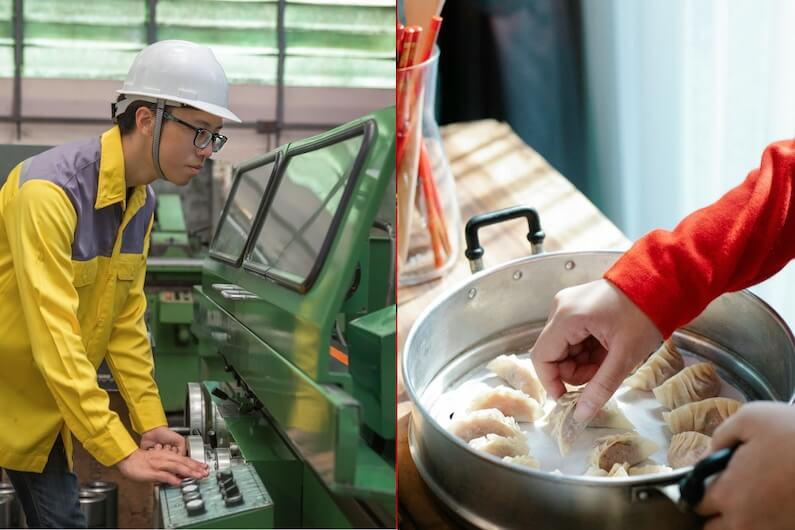
Table of Contents
The coming Chinese New Year will cost unprepared importers dearly. And it won’t be from expensive celebrations, but from completely avoidable supply chain disasters.
Every year, a wave of importers learns this lesson the hard way: factories don’t just close for a few days during CNY. They shut down for at least two weeks. Production grinds to a halt. Your suppliers go dark. And when operations finally restart, you can expect another 2-3 weeks before full capacity is restored.
Miss this window in your planning, and you might face stockouts during the Spring season, unexpected quality issues, or air freight costs that erode your margins.
The good news? CNY happens every year, making the impacts predictable and preventable. This article and video will tell you what you need to know.
When do Factories Close for Chinese New Year 2026?
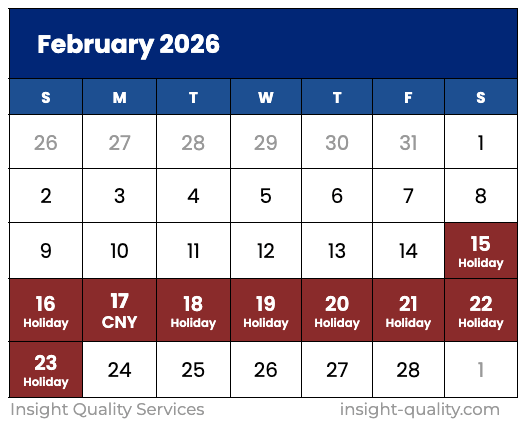
The date for Chinese New Year is based on the Chinese lunisolar calendar, so it changes every year, relative to the Gregorian calendar we use in the West.
February 17, 2026 is the first day of the “Year of the Horse.” The official government holiday will last from February 15th through February 23rd. However, some factories will close earlier, and most will fully close for two to four weeks.
In the next three years, the first day of the new year will be celebrated on the following dates:
- February 6, 2027 – Year of the Sheep
- January 26, 2028 – Year of the Monkey
- February 13, 2029 – Year of the Rooster
Be sure to check with your factory contacts to get their exact closure dates.
How Long do Factories Usually Shut Down for Chinese New Year?
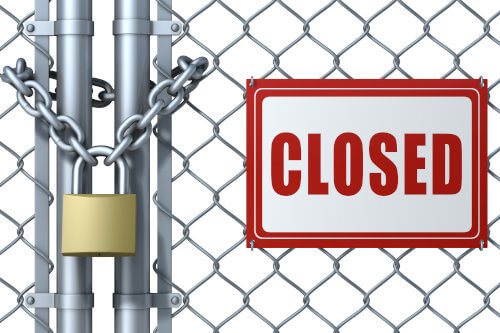
During CNY, every factory in the country shuts down… Yes, every factory. The official public holiday only lasts for about eight days. But most factories are fully closed for at least two weeks.
Many Chinese factory workers take extra time off, often leaving in the weeks leading up to company closure dates, which significantly slows down production. Many workers will not return immediately afterward, meaning it can take up to a month for production to return to full capacity after the holiday.
Why do Factories and Employees Take So Much Time Off?
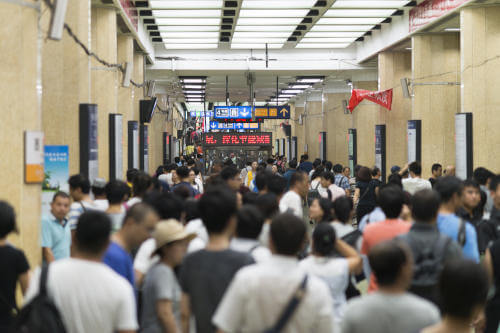
Chinese New Year, also known as the Spring Festival, is the country’s most important holiday. Like Thanksgiving or Christmas in the US, people travel back home to spend time with their families.
Since most factory workers are migrant laborers, they generally live far away from their hometowns and travel hundreds of miles or more to return home. If they have a spouse and children, it may be one of the only times they see them during the whole year.
Companies require long closure times to allow workers to travel home and then back to the city where they work. The 40 days of increased travel around CNY are referred to as Chūnyùn (春运), and this is the largest human migration in the world.
Chinese New Year Factory Shutdown: 5 Things You Need to Know
With many people traveling for Chinese New Year and the extended factory closures, there are certain things you need to understand to properly manage your inventory and maintain your expected level of quality.
#1 Factories Take at Least a Month to Ramp Back Up after CNY
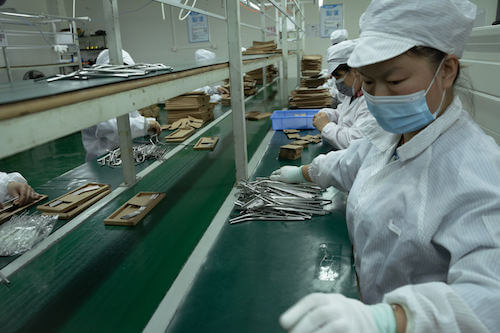
You might assume that the same workers who left before the holiday will return afterward. However, Chinese New Year is generally the preferred time to switch jobs in China.
Up to a third of workers may move to another factory or decide to stay in their hometowns and not return. Your manufacturer needs to hire new workers and train them. So they might not return to full production levels until approximately a month after CNY.
#2 Quality Issues Increase Before and After the Holiday
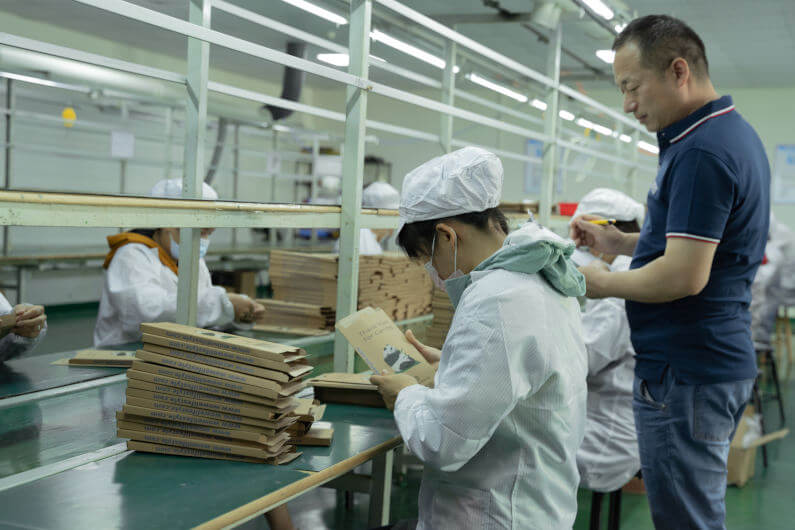
Before the holiday, factories are in a mad dash to fulfill orders, which leads to more items being missed and a higher number of quality issues than usual. After the holiday, the factory needs to hire new workers who are more likely to make mistakes than experienced ones.
Consider increasing your product inspection efforts in the months leading up to and following the Spring Festival. You can hire a reliable third-party inspection company, such as Insight Quality Services, to assist you with this process.
#3 The Cost of Shipping Goes Up Drastically
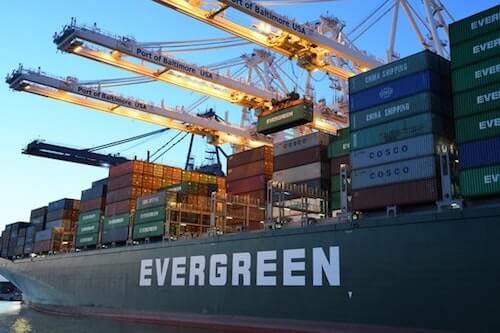
With the lengthy factory closures and the rush to get products out beforehand, manufacturers often charge more if you want to ship an order close to CNY.
In addition to your factory taking time off, shipping companies also observe holidays. Heavy volumes are sent to ports before the holiday, with only a limited number of ships available, resulting in increased shipping rates.
#4 You Should Never Pay a Deposit Just Before the Spring Festival
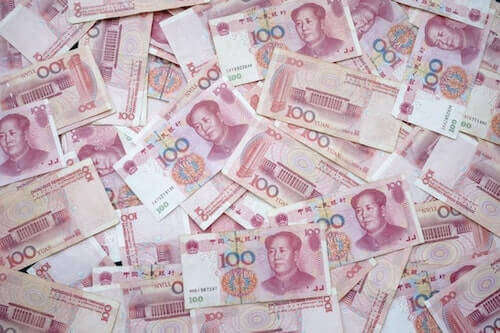
In China, the Spring Festival is the most common time of year to close down permanently. Factories that have not been doing well financially often choose to go out of business during CNY.
Paying a deposit just before the holiday can be a disastrous proposition. If your factory intends to close permanently and does not tell you, you may never get it back, so be sure to wait until they reopen.
#5 You Need to Forecast Far in Advance to Adjust for Production Times
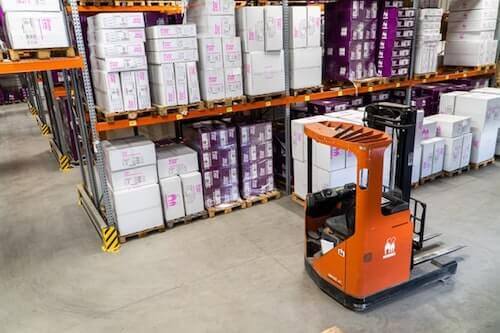
As we’ve discussed, several factors affect production around the Chinese New Year. These include the rush before the holiday, the long closure times, and the ramp-up period afterward.
For any orders you would want to receive in March/April, you should start discussing them with your suppliers by around September/October.
When planning schedules, it is a good idea to take past data into account and also consider potential global developments. Forecast your inventory needs far in advance and consider many factors when developing your ordering schedule.
Some Other Chinese Holidays to be Aware Of
In addition to the Spring Festival, there are other holidays you should know about. In 2026, China will celebrate the following holidays with time off. While these holidays are not as significant, they do have some impact on shipments.
- New Year’s Day – Jan 1
- Qingming/Tomb Sweeping Festival – Apr 5
- Labor Day – May 1
- Dragon Boat Festival – Jun 19
- Mid-Autumn Festival – Sep 25
- National Day – Oct 1
Communicate with your factory in advance of each holiday to determine which specific days they will be observing.
Lunar New Year in Vietnam, Malaysia, South Korea, etc.
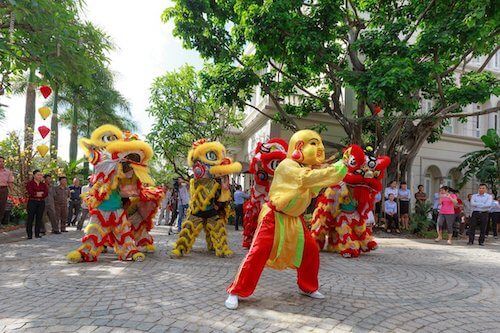
Aside from China, several other Asian countries where you may have suppliers celebrate the Lunar New Year. These include Vietnam, South Korea, Singapore, and Indonesia.
While the Lunar New Year is a significant holiday in these countries, its impact on production is less pronounced than in China. For example, factories in Vietnam may take one or two weeks off for their holiday, which is called Tet.
This closure may impact production times, and quotations may be delayed. However, the delay is less significant than in China, where the impact can span more than a month.
Need Help Managing Product Quality Around CNY?
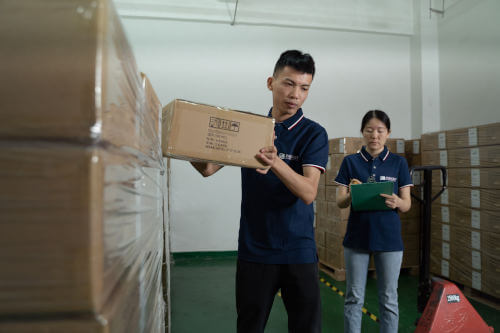
As we’ve discussed, Chinese New Year is China’s most important holiday, resulting in significant factory downtime and increased quality issues. You should step up your quality control efforts around this time.
Consider hiring a third-party product inspection company, such as Insight Quality Services, to help you conduct inspections before your goods leave the factory. These inspections will help you ensure the quality of your products and avoid poor customer reviews and returns.
For more information on preparing for an inspection, we recommend reading the following guide.
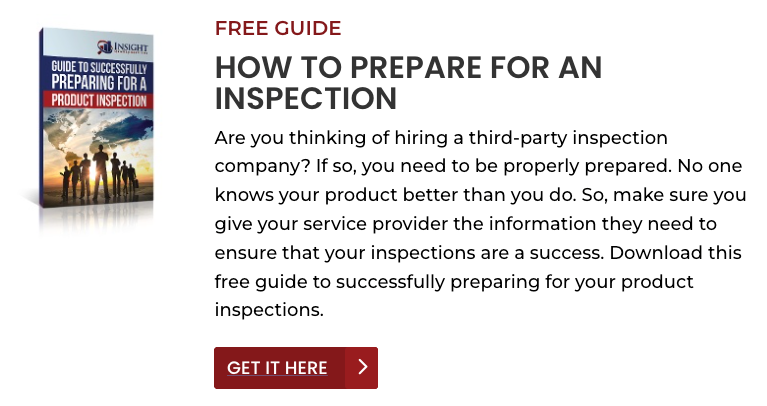
Please note: This article was originally written in February of 2019 and has since been updated.
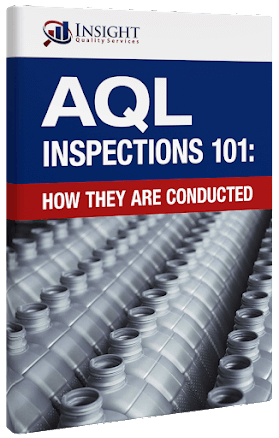
AQL Inspections 101: How They are Conducted
Authors



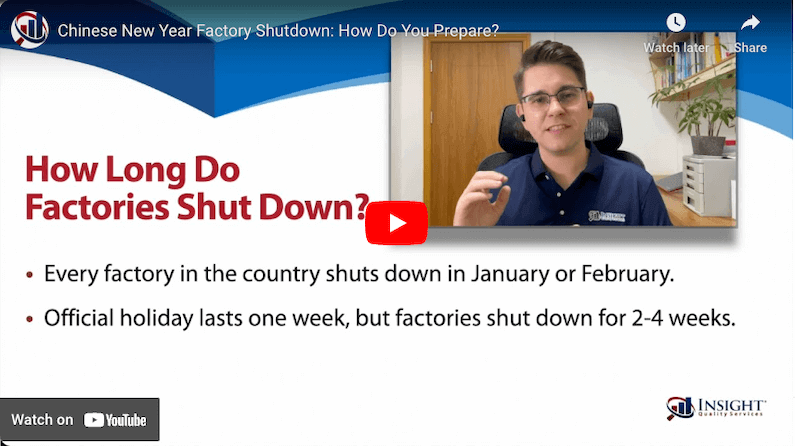
16 comments
Darren Cotter
In the “do not pay a deposit” information you should probably mention that a 13th Month salary/wage bonus, that has become almost mandatory, is paid at this time of the year. This additional financial burden is another reason not to pay your own “bonus” in the form of a deposit at this time.
Insight Team
Thanks for sharing your thoughts, Darren. Yes, many factories pay a bonus for Chinese New Year, which is an extra cash outflow.
-Billy
Courtney
Thank you for this extremely useful information, exactly what I was looking for. In the process of starting my business/sourcing and wanted to know what to expect during the Lunar New Year!
Insight Team
Thank you for your comment, Courtney! Glad the article was helpful to you.
Voice in the Sea
Thanks for the good info, you’re spot on with our experiences.
Insight Team
Glad you concur! It is essential for importers to understand the holiday’s impact.
Moryam
Thank you so much, for this great information. It has enlightened my knowledge about the right time to place orders
Insight Team
Good to hear, Moryam!
mina
Thank you so much! As I am new to ordering from manufactures directly this article was very helpful for me to plan .
Insight Team
We’re glad this was helpful for you! CNY is a vital consideration when working out an ordering schedule and quality plan.
Marshall Lane
You have lots of great information here, but I would like to know more about what the standard time off for the Chinese factory workers is? is there a common standard for the amount of time off the workers are given and what the workers expect?
Thank you
Insight
The time off for Chinese New Year is not easily answered as there are many variables to take into account. The official holiday is a seven day observance but most factories close for two-four weeks.
Peter
Thanks for this clearly produced information. I was aware that CNY is an important holiday but had not fully realized its impacts on ordering.
Saumya Shah
Thank for your the post. I was looking for chinese holiday calendar and got some important festival holidays here.
Abhi
Nice article. But I really want to know about the scientific significance of Chinese zodiac.
Insight
Thank you for your comment. The significance of the Chinese zodiacs are beyond the scope of our articles but you may find this link beneficial: https://depts.washington.edu/triolive/quest/2007/TTQ07030/index.html